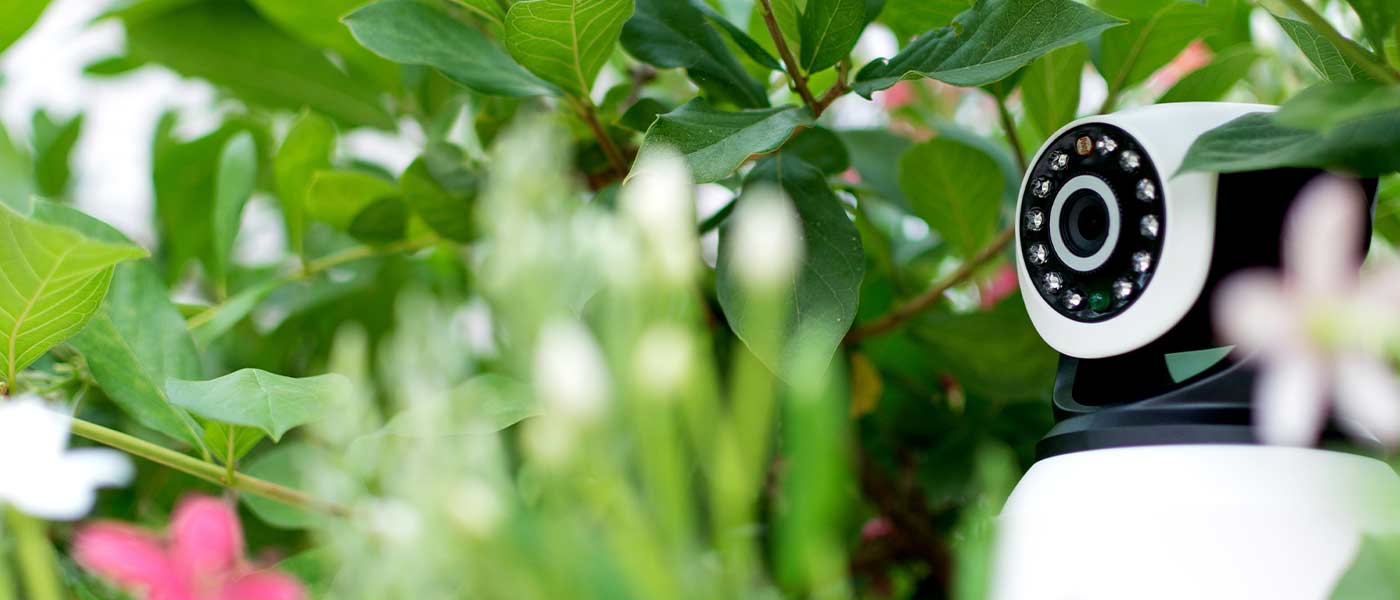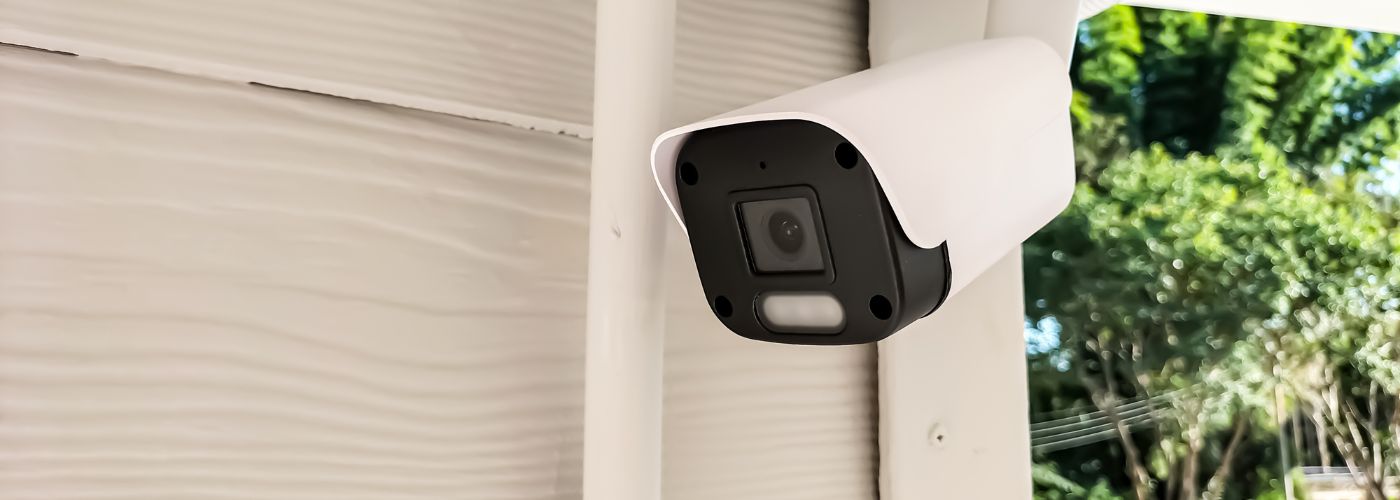Did you know that over 60% of home security cameras can be hacked if not properly secured? With more people relying on these devices to protect their homes, understanding the risks is crucial. In this article, we’ll explore how can home security cameras be hacked and what steps you can take to safeguard your privacy. By the end, you’ll know how to keep your home safe from digital intruders!
How Can Home Security Cameras Be Hacked?
Home security cameras can be compromised through various methods that often exploit basic oversights. One prevalent technique is the use of outdated software; many users neglect to regularly update their camera systems, leaving them vulnerable to known exploits that hackers can easily target.

Additionally, some cameras may have inherent design flaws or vulnerabilities that hackers can take advantage of, allowing unauthorized access without needing sophisticated skills. Another risk arises from physical access; if a hacker gains entry to a home or office, they could tamper with the devices directly, resetting them or accessing footage stored locally.
Furthermore, insecure integration with other smart home devices can create loopholes; if one device is compromised, it may serve as a gateway for hackers to infiltrate the entire system.
Finally, social engineering tactics can also be employed where attackers manipulate individuals into providing sensitive information about their security setups or even tricking them into installing malicious applications disguised as legitimate updates.
Hackers Gain Access With Weak Passwords
Home security cameras can indeed be hacked, and one of the most common ways hackers gain access is through weak passwords. Many homeowners underestimate the importance of creating strong, unique passwords for their devices.
Using default passwords or simple combinations makes it far too easy for cybercriminals to breach your security. Once they gain access, these hackers can not only view live feeds but may also manipulate settings or even disable the cameras entirely.
Be sure to use passwords that are at least 12 characters long and include a mix of uppercase and lowercase letters, numbers, and special characters. It’s also advisable to change passwords regularly and avoid using the same password across multiple devices or accounts.
In addition to strong passwords, enabling two-factor authentication (2FA) adds an extra layer of security. This requires a second form of verification, such as a code sent to your mobile device, before granting access to the camera feed.
Manipulating Firmware Updates to Take Control of Devices
Home security cameras are a great way to keep an eye on your property, but they can also be vulnerable to hacking. One method that cybercriminals use is manipulating firmware updates to take control of devices.

When manufacturers release updates to improve security, hackers can exploit this process by creating fake updates that users might unknowingly install. This gives them access to your camera feeds and personal information, turning your security system into a potential risk.
Firmware can be vulnerable if not properly verified before installation. Many users may not think twice about updating their devices, assuming that the updates are legitimate and beneficial. However, without proper security measures in place, these updates can serve as gateways for hackers to infiltrate your home network.
Unsecured Wi-Fi Networks for Unauthorized Entry
Home security cameras can indeed be hacked, and one of the most common vulnerabilities lies in unsecured Wi-Fi networks. When your camera connects to an open or poorly secured network, it becomes an easy target for cybercriminals seeking unauthorized entry.
They can intercept data streams or even take control of the camera itself, allowing them to spy on your home without you ever knowing.
To protect against these threats, it’s crucial to secure your Wi-Fi network with a strong password and encryption. Regularly updating your camera’s firmware also helps patch any security holes that hackers could exploit.
Additionally, consider using a virtual private network (VPN) for an extra layer of protection. By taking these precautions, you can significantly reduce the risk of your security cameras being compromised, keeping your home safer from prying eyes.
Phishing Attacks Targeting Homeowners’ Access
Home alarm systems can indeed be hacked, and it’s a growing concern for homeowners. Hackers often exploit weak passwords or outdated software to gain access to these devices. One common method is through phishing attacks targeting homeowners’ access.

These scams trick users into providing their login credentials, making it easier for cybercriminals to infiltrate home networks and surveillance systems.
The consequences of a hacked camera can be severe, not only risking personal privacy but also compromising home security. Imagine a hacker watching your every move or manipulating your security settings. To protect yourself, always use strong, unique passwords and enable two-factor authentication whenever possible.
Regularly updating your camera’s firmware can also help close security gaps that hackers might exploit, ensuring your home remains a safe haven.
Obtaining Data Through Insecure Cloud Storage
Home security cameras, while designed to enhance safety, can indeed be vulnerable to hacking. Many users underestimate the risks associated with obtaining data through insecure cloud storage. This is a big home security mistake.
When camera feeds and recordings are stored online without proper encryption, hackers can easily access this sensitive information. This potential for exposure raises serious concerns about privacy and security for homeowners.
Moreover, many people neglect the importance of regular software updates. Manufacturers often release patches to fix security flaws, but if these updates are ignored, cameras become easier targets for cybercriminals!
By taking these simple steps, homeowners can significantly reduce the risk of their security cameras being compromised, ensuring that their homes remain a safe haven.
